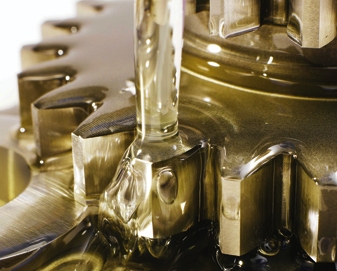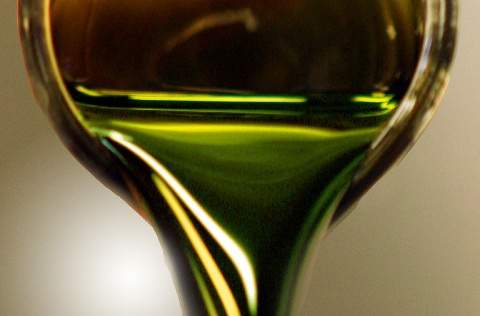A look into the fascinating world of automotive engineering

Afterschool Team
June 26, 2013
Modern automotive engineering is no longer about getting your hands dirty...Two young and bright lecturers of the University of Southampton Malaysia Campus (USMC) share why they are rockin' the local automotive scene
"When I was still a SPM student, I fancied becoming a doctor," says Dr William Chong.
Ten years forward, Dr Chong did become a doctor, although the different sort.
In 2011, he earned his PhD in the School of Engineering at Cranfield University, UK and became a postdoctoral researcher at Loughborough University, where he collaborated with the biggest industry names - Aston Martin, Jaguar, Capricorn, Ricardo and also British Petrol.
Looking back, Dr Chong has no regrets of choosing what he believed he was good at over a career he thought he liked.
"I liked the idea of becoming a doctor but I was struggling with biology. I was great in maths and I got this big break to study mechanical engineering at UTM, which was quite a good offer I couldn't miss," he explained.
"I started mechanical engineering not knowing exactly where I wanted to specialise in," he added. After university, I found a course in the UK in automotive product engineering, it was an up and coming course at that time."
Tribology, is this the study of trees?

Dr Chong, a lecturer at University of Southampton Malaysia Campus, is considered Malaysia's champion in the field of tribology. This field of study focuses on lubrication, friction and wear and results of this study are crucial to technological advancement in the automotive industry.
His research into a Numerical Method for Simultaneous Prediction of Wear and Friction along nano-scale dry asperity contact (n-SIMPAC) was recently awarded a RM104,000 grant by the Ministry of Higher Education.
"For my research, I work with the National Centre for Advanced Tribology (nCATS) of University of Southampton in the UK," he said. His research focus is on lubrication along the cylinder blocks and how to improve friction at a nano-scale level.
How to be a champion in this field of study?
Tribology is relatively new in Malaysia and only a few researchers work in this field.
"To become one, you should have a liking for theoretical mathematics." Strong analytical skills are essential for this job, he stressed.
"You also need to have patience because tribology is new and there isn't much info available thereby you also need to be adventurous. You have to be adventurous to move away from your comfort zone and find information in other fields. Don't confine yourself on just one thing, cause you'll be surprised what other people are doing."
Currently, he's also venturing on tribology of human skin - skin's interaction with other materials, such as fabrics, plastics, metals and natural materials such as wood, hair and others.
Makings of a green renegade
Moving away from your comfort zone was something Dr Ng Jo-Han experience similarly. Every time he explains the need for clean and efficient fuel, not every one understands it. Worse, he sometimes gets misguided attacks from people who question palm oil's reputation.
"Although people praise this and appreciate our motivation, there is still a limited understanding of biodiesel performance or what level of savings are being delivered to customers."
A trained mechanical engineer who is lecturing in the University of Southampton Malaysia Campus, Dr Ng obtained his bachelor of mechanical engineering from the University of Nottingham Malaysia Campus.
Like his colleague, Dr Ng realised his passion at a young age. His dad took him to a car factory in Germany and there he noticed that the manufactured cars were using clean engines but were running on diesel, which he found quite appalling.
The World Health Organisation listed diesel's exhaust as a carcinogen and cause of lung cancer.
Clean energy is profitable energy

"Air that comes out from biodiesel can be potentially cleaner than the air outside," he said.
His research interest lies in the field of renewable energy with particular interest in bio diesel fuel productions; and recently was awarded grant money of RM127,300 in March by the Ministry of Higher Education.
"Being one of the biggest producers and exporters of palm oil and palm oil products, Malaysia is focusing on improving the need for sustainable energy, which has a big market for it."
Malaysia currently accounts for 39% of world palm oil production and 44% of world exports.
"In Malaysia, palm oil is done by batch production while the value-added treatment is being done outside of Malaysia which comes back as a value-added product which we pay dearly for it."
"My idea is to extract it out and do it here by improving production efficiency to produce much larger volumes at a cheaper cost," he added.
To date, global biofuel production is expected to rise 24.4 million metric tonnes this year, up 4.3 percent from 2012.
-------------------
Written by Lyn Cacha



